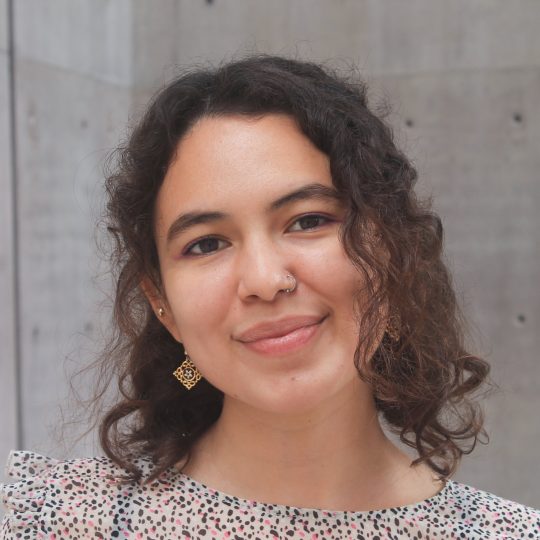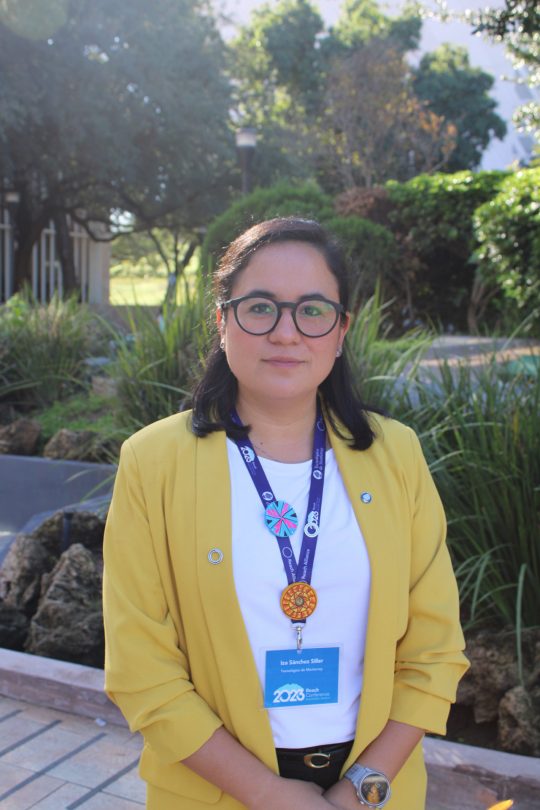
Mexico
The Invisibility of Children with Cognitive Immaturity in Marginalized Mexican Communities
- Status
- Completed Research
- Research Year
- 2021-22
Inside the community of Lomas Modelo in Monterrey, Escalando Fronteras, a non-governmental organization that works with children in vulnerable situations through a sports climbing initiative, detected a severe cognitive delay among children – despite them having access to public education. This cognitive delay has gone unnoticed by the community’s public school, and its causes and impact have yet to be studied. This case study examines current public policies and their repercussions on the cognitive delay among children in marginalized communities.
Researchers
-

Tecnológico de Monterrey
Mariana Caamal Coria
-

-

Tecnológico de Monterrey
Allan Eduardo Rios Moreno
-

Mentors
-

Tecnológico de Monterrey
Iza Maria Sánchez Siller
Professor at School of Humanities and Education, Tecnológico de Monterrey

